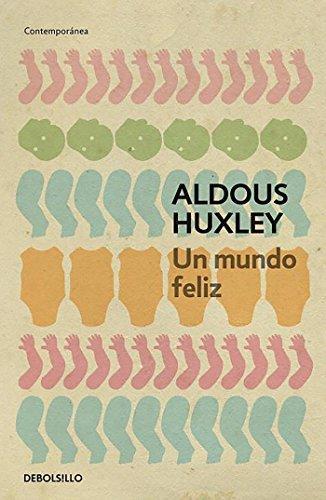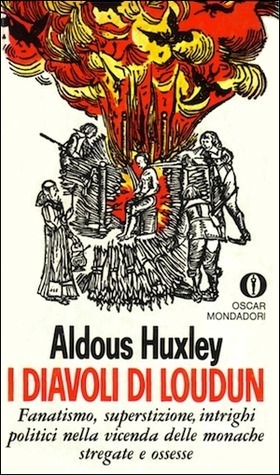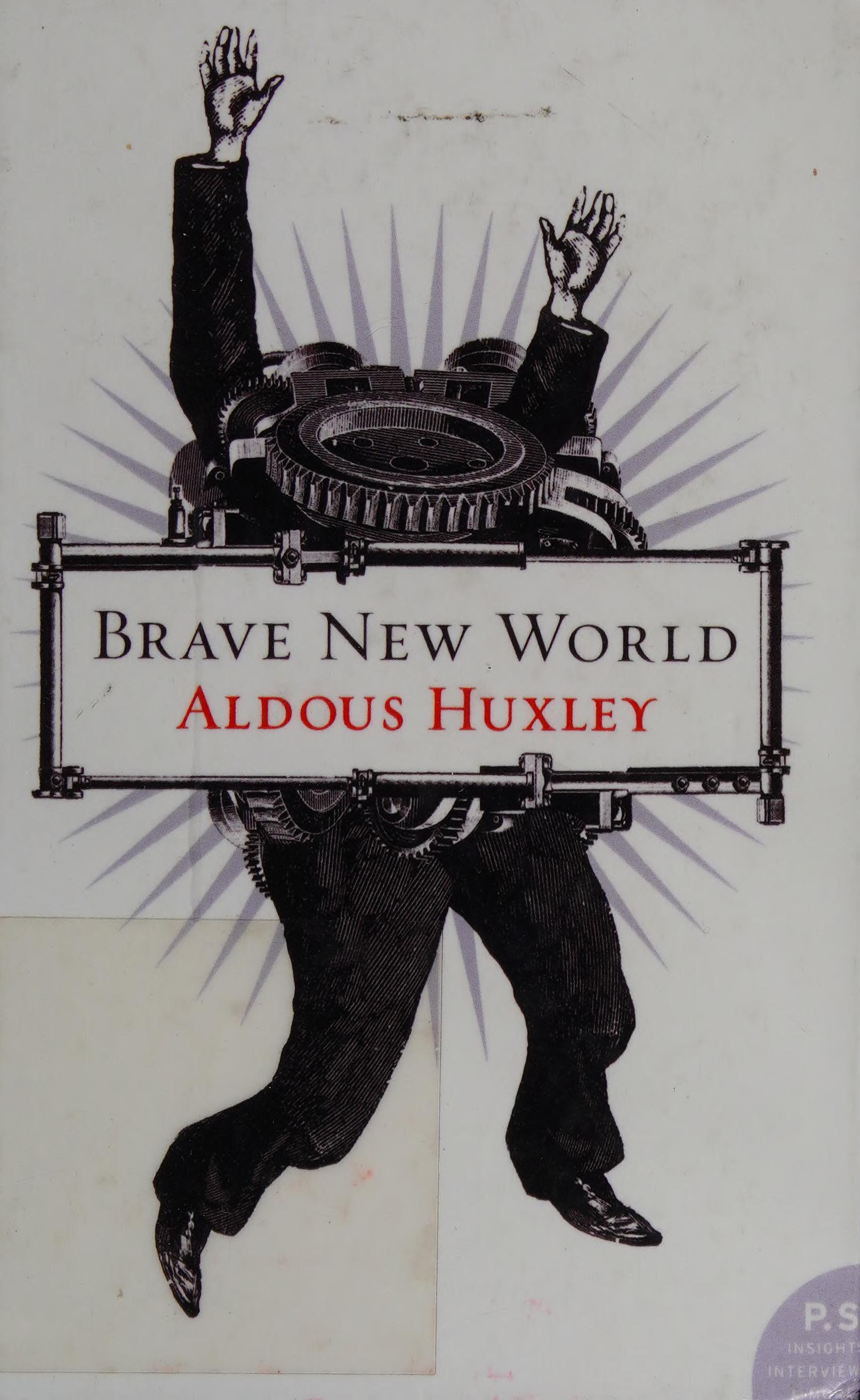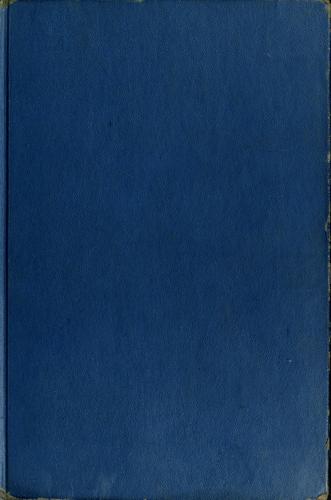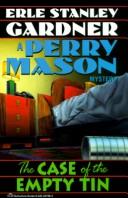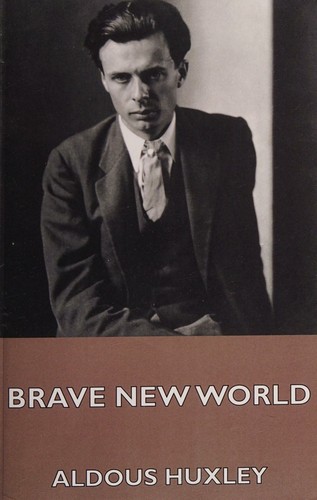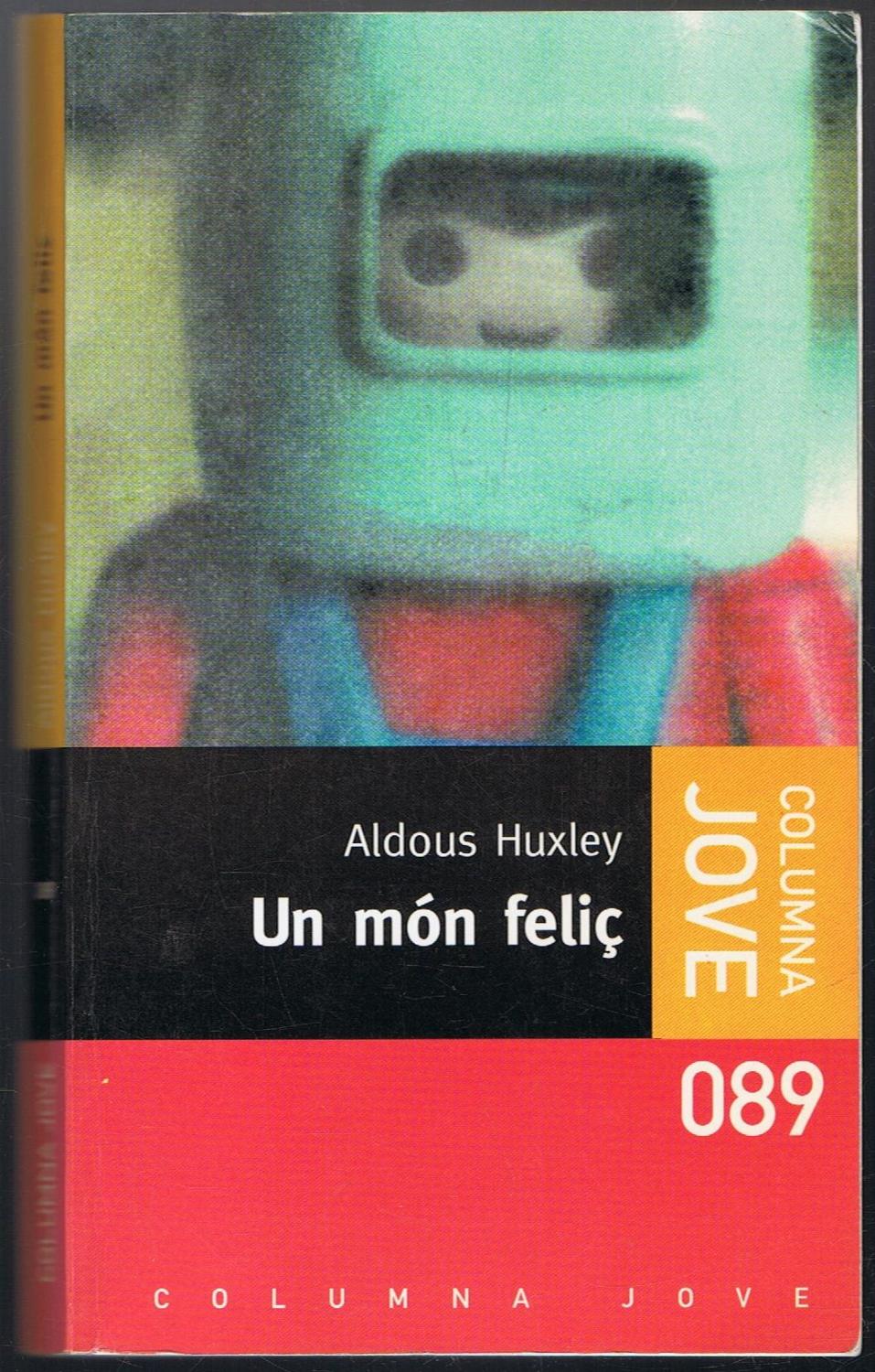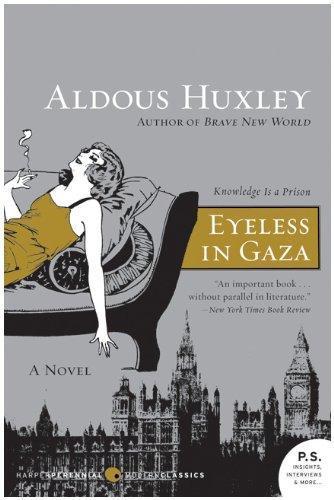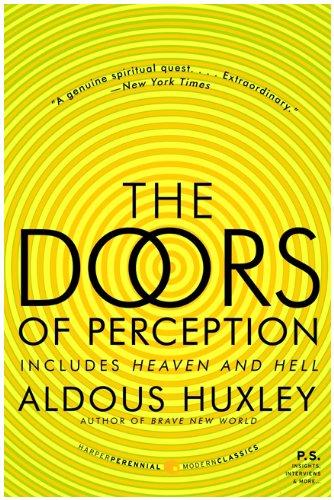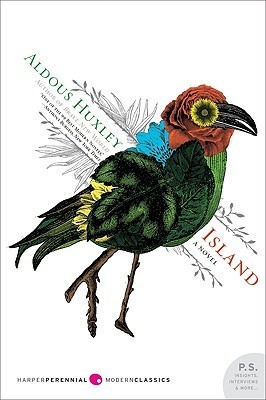Aldous Leonard Huxley (26 July 1894 – 22 November 1963) was an English writer and philosopher. He wrote nearly 50 books—both novels and non-fiction works—as well as wide-ranging essays, narratives, and poems. Born into the prominent Huxley family, he graduated from Balliol College, Oxford, with an undergraduate degree in English literature. Early in his career, he published short stories and poetry and edited the literary magazine Oxford Poetry, before going on to publish travel writing, satire, and screenplays. He spent the latter part of his life in the United States, living in Los Angeles from 1937 until his death. By the end of his life, Huxley was widely acknowledged as one of the foremost intellectuals of his time. He was nominated for the Nobel Prize in Literature nine times and was elected Companion of Literature by the Royal Society of Literature in 1962.Huxley was a pacifist. He grew interested in philosophical mysticism and universalism, addressing these subjects with works such as The Perennial Philosophy (1945)—which illustrates commonalities between Western and Eastern mysticism—and The Doors of Perception (1954)—which interprets his own psychedelic experience with mescaline. In his most famous novel Brave New World (1932) and his final novel Island (1962), he …
Aldous Huxley
Autorearen xehetasunak
- Ezizenak:
-
奥尔德斯·赫胥黎, Олдас Хакслі, ဟပ်စလေ၊ အောဒပ် လီယိုနတ်, eta beste 58
אלדוס האקסליי, A. Haksli, オールダス ハックスレー, A. Huxley, آلدوس هاکسلی, Aldous Huxley, هاكسلي، ألدوس،, ऐल्डस हक्स्ले, อัลดัส ฮักซลีย์, هكسلى، أولدس, Oldas Haksli, Oldŭs Khŭksli, אלדוס האקסלי, ألدوس هكسلي،, Олдос Хаксли, Āldūs Hakslī, Олдъс Хъксли, Oldus Khuksli, Олдос Ҳакслӣ, אלדוס הכסליי, Хаксли, ਐਲਡਸ ਹਕਸਲੇ, ハックスレイ, Άλντους Χάξλεϋ, 올더스헉슬리, Oldos Haksli, オールダス ハクスレー, 올더스 헉슬리, Олдос Хакслі, ハクスレイ, आल्डस हक्सली, Олдас Гаксьлі, Huxley, オルダス ハックスリイ, オルダス ハックスレー, О Хаксли, אלדוס הקסלי, Օլդոս Հաքսլի, オルダス ハックスリー, אלדוס ליאונארד האכסלי, Олдус Хаксли, אלדוס לאונרד הקסלי, Aldous Leonard Huxley, オルダス・ハクスリー, オルダス ハックスリ, Aldūs Hukslī, Aldous L. Huxley, ആൽഡസ് ഹക്സിലി, ألدوس هكسلي, অ্যালডাস লিওনার্ড হাক্সলি, אלדוס הכסלי, Oldos Chaksli, Гексли, ოლდოს ჰაქსლი, אלדוס לאונרד הכסלי, Oldos Khaksli, オルダス ハクスリー, Oldess Hakslijs - Jaiotza:
- 1894ko uzt. 25a
- Heriotza:
- 1963ko aza. 21a
Kanpoko estekak
Aldous Leonard Huxley (26 July 1894 – 22 November 1963) was an English writer and philosopher. He wrote nearly 50 books—both novels and non-fiction works—as well as wide-ranging essays, narratives, and poems. Born into the prominent Huxley family, he graduated from Balliol College, Oxford, with an undergraduate degree in English literature. Early in his career, he published short stories and poetry and edited the literary magazine Oxford Poetry, before going on to publish travel writing, satire, and screenplays. He spent the latter part of his life in the United States, living in Los Angeles from 1937 until his death. By the end of his life, Huxley was widely acknowledged as one of the foremost intellectuals of his time. He was nominated for the Nobel Prize in Literature nine times and was elected Companion of Literature by the Royal Society of Literature in 1962.Huxley was a pacifist. He grew interested in philosophical mysticism and universalism, addressing these subjects with works such as The Perennial Philosophy (1945)—which illustrates commonalities between Western and Eastern mysticism—and The Doors of Perception (1954)—which interprets his own psychedelic experience with mescaline. In his most famous novel Brave New World (1932) and his final novel Island (1962), he presented his vision of dystopia and utopia, respectively.
